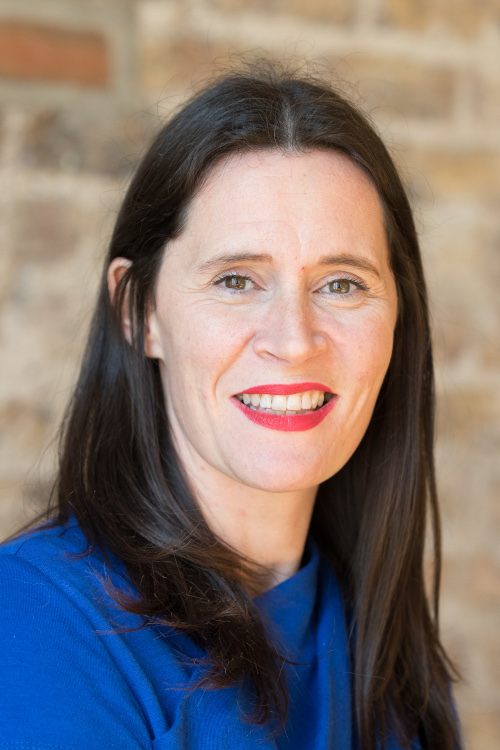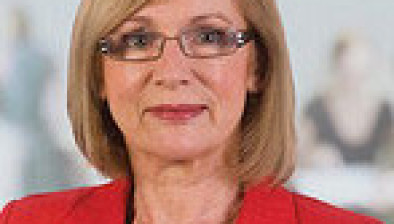IHREC raises concerns with online safety bill

Sinéad Gibney
The Irish Human Rights and Equality Commission has set out concerns that a new law being prepared to build online safety and strengthen media regulation, has no detail on the role or functions of a proposed new Online Safety Commissioner.
The Commission has also set out its analysis that the current approach in the draft law to defining harmful online content is “vague and open-ended, and lacks legal certainty.”
The Commission has published its analysis and 23 recommendations for Oireachtas members on how it considers the general scheme of the Online Safety and Media Regulation Bill can be strengthened through stronger and more consistent reference to human rights and equality standards.
The Commission said that the current approach in the draft law to defining harmful online content, including online hate-speech, is vague and open-ended and lacks legal certainty. This legal certainty is important to ensure that the legislation is proportionate and compatible with rights including freedom of expression; to ensure that the definitions will be effective in practice; and to ensure that those definitions are not open to misuse or abuse to target content or users unfairly.
The Commission recommended the definition of harmful content be revised to include disinformation and harmful conduct, including grooming and radicalisation. It also recommended terms that relate to hate speech, including racism, sexism and ableism be defined in new law.
Sinéad Gibney, Chief Commissioner of the Irish Human Rights and Equality Commission said: “This draft law is seeking to tackle some of the most important challenges facing our society; from the moderation of online content by big tech to children’s online safety, and broader issues of online harassment and tackling online hate.
“Our recommendations focus on the role and functions of the Media Commission, the definition of harmful online content and age appropriate content, and the accessibility of services for people with disabilities.
“This proposed legislation must find a delicate balance between competing rights including the freedom of expression, freedom of assembly, privacy and the protection of personal data; equality and the prohibition of discrimination including hate speech, and the rights of persons with disabilities and the rights of the child.”









